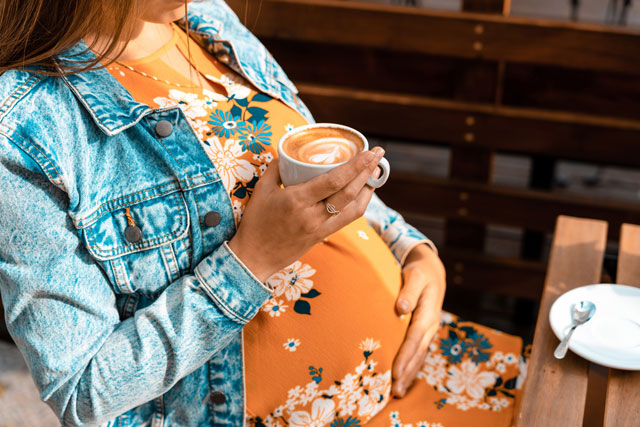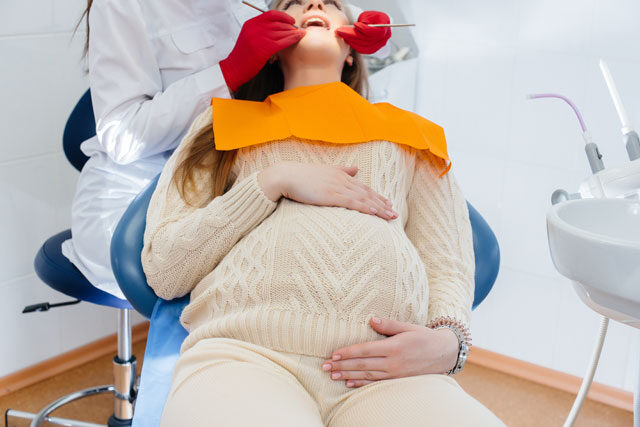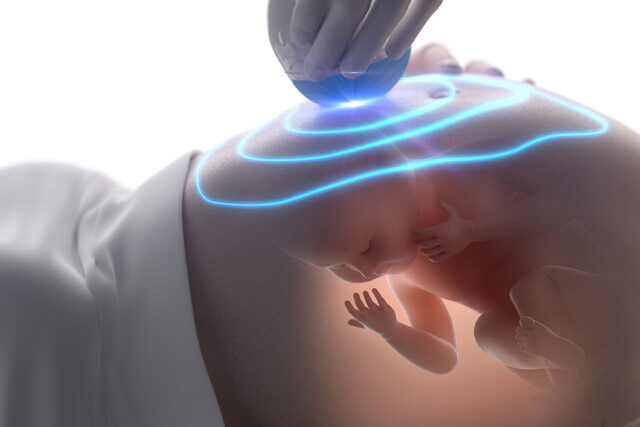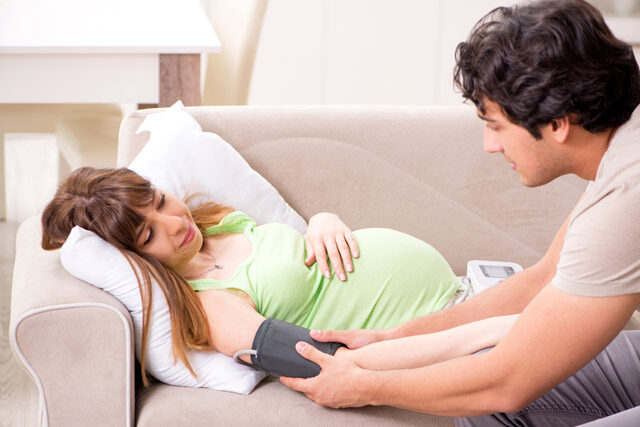For many people, a cup of coffee is not only a daily morning ritual but also a way to wake up and see the world in brighter colors. Many women are deprived of the possibility to enjoy their drink because of pregnancy. And it’s not because of the harm it can do to their health or the health of their babies but because of the myths surrounding caffeine intake while expecting a baby.
Today we’ll try to figure out where the truth is and how good or bad caffeine. So let the coffee pregnancy battle begin!
Will Caffeine Affect My Pregnancy and Baby?
In the piles of studies that were carried out to figure out the influence of caffeine intake on the flow of pregnancy and the health of the unborn baby, there are a lot of controversies. Some studies claim moderate doses of caffeine are safe for a pregnant woman, while others recommend staying away from tea, coffee, and other drinks that are abundant in caffeine.
Can Caffeine Harm a Pregnancy?
One of the major threats related to high level caffeine consumption by a pregnant woman is an increased risk of preterm birth. A preterm birth is considered before 37 weeks of gestation. However, a large meta-analysis published in the American Journal of Clinical Nutrition has found no correlation between caffeine and pregnancy third trimester preterm delivery.
The same is true for pregnancy loss during the first and the second trimesters of gestation. Still, medical specialists don’t recommend drinking more than two cups of coffee as the information regarding the safety of high amounts of caffeine is lacking.
But taking into account the potential of caffeine as a stimulant. It should better be avoided by expecting mothers who have trouble sleeping or deal with mood swings.
Can Caffeine Cause Birth Defects?
Scientists claim there is some evidence of caffeine causing inborn abnormalities in animal studies. However, there is no convincing proof that caffeine causes birth defects in human infants, which is stated in this study.
Still, caffeine consumption is often considered the cause of low birth weight and the size of the fetus not complying with its gestational age. Again, no reliable proof of this is available as the studies claim there is no interconnection with caffeine pregnancy exposure and miscarriage, low birth weight, or other fetal health issues.
How Much Is too Much?
OB-GYNs agree that the mother to be can safely take 200 mg of caffeine a day (8oz). This amount comprises caffeine from all the sources you can get, including caffeinated beverages (tea, coffee, energy drinks, soda), caffeine pills, and food.
While controlling the amount of coffee they drink, and the food they eat is manageable, many women may not know the medicines they take contain caffeine. In fact, caffeine pills and pregnancy are not self excluding things, but you should still be careful with the dosing and keep an eye on how much you take them.
Caffeine Facts and Myths
Although caffeine is often referred to as pure evil, there is enough scientific evidence to bust those myths.
1. Caffeine may provoke gestational diabetes, preeclampsia, and gestational hypertension.
Caffeine and pregnancy second trimester outcomes for the mother have been tested in a study involving over 2500 pregnant women. The results showed that the blood concentrations of glucose in women drinking coffee at 16 – 22 weeks of gestation were lower than in those who abstained from caffeine intake.
2. It’s better to substitute coffee with green tea.
Green tea is full of bioactive compounds that can work beneficially for a pregnant woman’s health. But the presence of L-theanine in this drink doesn’t make it any better than coffee. The intake of L-theanine and pregnancy don’t go well together, as the former can cause a potent antihypertensive effect. Besides, the safety of this amino acid in pregnancy is not proven, so it is not recommended for expecting mothers.
3. There is a correlation between consuming caffeine during pregnancy and ADHD in babies exposed to it.
Scientists found no interconnection between maternal caffeine consumption during pregnancy and the incidence of ADHD in children born from such mothers.
Benefits of Drinking Coffee While Pregnant
Drinking coffee can have multiple benefits for a mother to be, including:
– lower risk of gestational diabetes;
– improved energy balance;
– decreased fat mass in a pregnant woman;
– improves alertness and concentration.
Summary
When taken in moderation, caffeine is not only safe during pregnancy but may also produce some beneficial effects for a mother to be.
FAQ:
Yes. Two cups of your favorite coffee won’t have any negative influence on your and your baby’s health.
Caffeine doesn’t affect your ability to conceive, so you may not quit it. Alcohol should better be quit about a month before you start attempting.
You’d better abstain from energy drinks throughout pregnancy due to their high content of caffeine and other harmful substances.
Drinking too much coffee may provoke preterm birth and low weight of the newborn.




